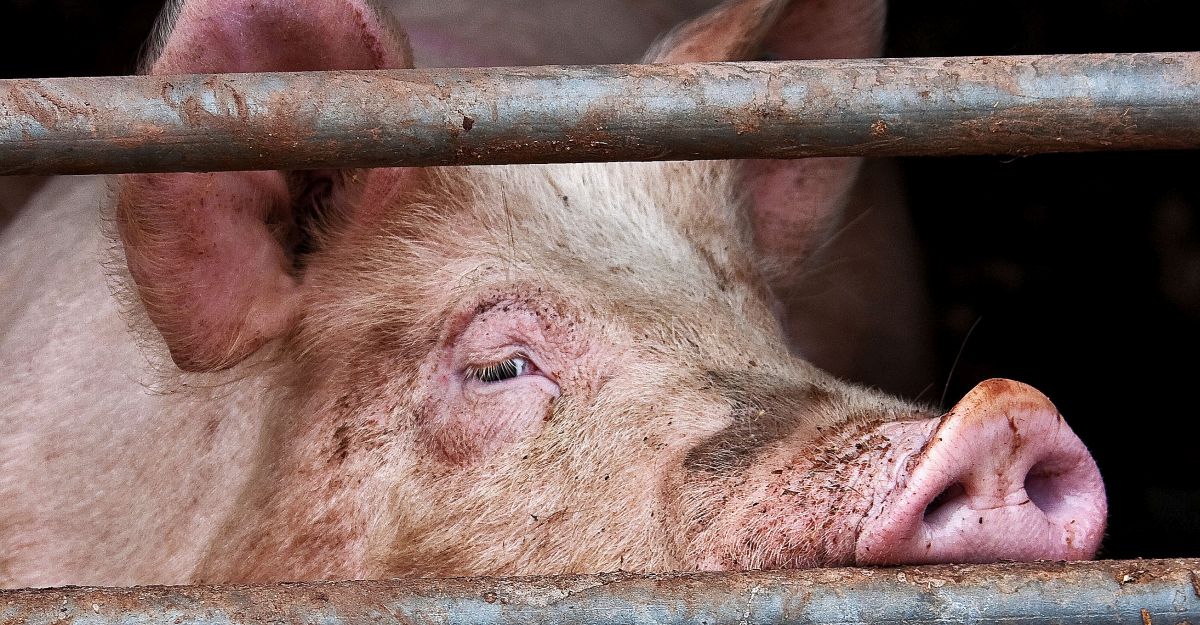Just as the Sydney Writers’ Festival has packed itself up for another year, the Sydney Film Festival has rolled into town to cater for the needs of those not satisfied by Dan Brown adaptations and cooking shows (thank you, Mr Carey). What a grand thing the festival is too, if for no other reason than it gives everyone the opportunity to visit the opulent State Theatre for a tenner. SFF brings with it this year the prerequisite controversial offering: Michael Winterbottom’s The Killer Inside Me in which Casey Affleck plays a sheriff who spends his downtime beating women to death. The controversy – as one would guess – is about the explicit depiction of these beatings, namely two scenes which detail the repeated kicking and punching of actresses Jessica Alba and Kate Hudson respectively. The scenes are ‘aided by such realistic prosthetics that Alba is, by the end, a bloody mess and unrecognisable’.
In a profile that appeared in the Sydney Morning Herald last weekend, Affleck justified the scenes by saying they make the film more honest than ‘Your average, run of the mill PG action film, (where) there’s blood spattering, or knives. It’s all you see. That kind of depiction of violence … does a lot more harm.’ Affleck says, ‘This is the opposite. If anything, it compromises the storytelling to dwell on the violence and make it realistic and disturbing; to look at what it’s like for the victims.’
So the film is doing a service to female victims of violence? This is not meant to be a sarcastic comment, I’m honestly trying to nut out what this says about our society. Have we become so awash with images from the likes of the Saw franchise that we can no longer empathise with the victim of horrific violence unless we witness it, literally blow by blow? Essentially Affleck is saying that if we were more empathetic and less desensitised, we wouldn’t need to see these scenes. Whenever this sort of argument about Western society being desensitised to violence pops up, I always wonder who exactly these desensitised people are – everyone I know had to take a half a bottle of rescue remedy just to get though the animated scene in Kill Bill. I also wonder at how increasing the level of violence portrayed counteracts this.
Affleck makes a valid point, violence against women has found its way into mainstream entertainment to such an extent that it could be argued to be a Western fetish – take a look at any primetime crime show. There’s even one that specialises in violence against women – Law and Order: SVU. The voice-over at the beginning of each episode tells us that the Special Victim Unit is dedicated to solving ‘sex crimes’. How noble of them to share with us the victims’ ‘stories’. The opening credits are followed by the depiction of a woman, usually young and attractive, in the last few moments before she falls victim to such a crime. After this the viewer gets a nice shot of her beaten corpse while detectives sip coffee and comment on whether she’s still in possession of her knickers or not. The one and only time I’ve seen it beyond the first ad break showed a female detective casually peer up a victim’s skirt and announce that ‘she took it in the backdoor, too’.
The actors deliver their lines with furrowed brows and the viewer is free to be entertained by rape, joining the self-righteous chorus that screams ‘Violence against women is horrible!’, while reaching for another Tim Tam. At least in Kill Bill the victim was given a samurai sword and the opportunity to fight back; most of the time the ‘damsels’ in mainstream narratives are as they are in SVU – passive. Except, of course, for the token female detective, used to sweeten the deal. ‘If you lap up this exploitative, fetishist crap, we’ll throw in a sassy chick with a gun!’
However, continue too far along this course of outrage at television and film and one is in danger of finding oneself accused of flirting with ‘censorship’. Which begs the question, why is it acceptable to support censorship in some cases and not others? It’s unlikely that anyone would find themselves the subject of scorn for supporting a ban on films which explicitly depict child rape and murder. Yet the rape and murder of women seems to be valid fodder for narratives which aim to be ‘honest’. Of course there is also the argument, ‘If you don’t like it, change the channel’. Yeah I will, but that doesn’t stop this stuff getting pumped into the public psyche. Again, I’m not saying that these things don’t need to be addressed in society’s narratives, of course they do. I’m simply questioning the need to show a scene with a woman urinating out of shock while she’s being kicked to death. Is society that numb?
In the SMH article, Casey Affleck mentions ‘one cranky woman’ who shouted down a Q&A panel with Winterbottom at The Sundance Film Festival. Affleck is thankful that, ‘since then, people have been more thoughtful’ in their approach to the film. I’m all for people being thoughtful in their approach to anything, but the implication is that anyone who is thoughtful and remains angry is some sort of closed-minded, censorship-loving wowser.
I imagine that a friend of mine – who had to change her name and address to avoid being beaten to death by her partner – won’t rush out to see The Killer Inside Me because she is grateful for the honesty. Maybe if we really want to turn this desensitised society around, a more helpful thing would be to donate the ticket cost to a women’s shelter.





